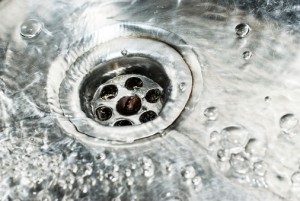
Hard water is a relatively common problem in the United States. In fact, more than 85% of the country’s water is affected by hard water and hard water build up. Hard water is a buildup in plumbing caused by the dissolved minerals magnesium, calcium, and manganese. This can cause a wide array of problems in your home, even though it is not particularly dangerous to human health. To learn more about hard water and what it means for your plumbing, read on.
The Effects Of Hard Water
If you have noticed these things in your home and plumbing and they have become common occurrences, you are definitely dealing with hard water:
Spots on dishes and/or shower doors
Bathtub rings
Noticeable soap scum in sinks and bathtubs
Clogged pipes from buildup of hard minerals
An increase in water heating costs from the buildup of minerals, which reduces the efficiency of water heaters
Soaps and detergents do not foam or clean effectively
Clothes that appear dingy and yellowed with soapy residues that require a lot of extra rinsing to remove properly
Possible skin infections from bacteria that gets trapped in your pores underneath the soap scum
I Think I Might Have Hard Water, What Do I Do?
If you think you might have hard water and are connected to the public supply, call your water superintendent or city hall and ask of the water in your area is hard. If you are on a private supply, you can collect a sample in an approved container. You can have this sample sent to a private lab or your city or state health department in order to be tested. Water is only considered hard when it exceeds 3 grains per gallon (GPG).
Hard Water Fixes
While hard water is not horribly hazardous to human health, it can be pesky in numerous ways and there are some options you have available. Most commonly, you can choose to soften water by using an ion exchange water softener. This can both soften your water and extend the life of your plumbing. There are currently three types of ion transfer softeners. These are the automatic softener, demand initiated regeneration softener, and a portable exchange softener. Each work differently, depending upon your needs.
Get In Touch With Master Plumbing Today
Give Master Plumbing a call at (301) 650-9100 or contact us online to get more information on how our expert plumbers can help you with your kitchen projects. To see examples of our projects, follow us on Facebook, Twitter, and Pinterest.
